We were lucky to catch up with Victoria Cummings recently and have shared our conversation below.
Victoria, thanks for taking the time to share your stories with us today Do you think folks should manage their own social media or hire a professional? What do you do?
This is an interesting topic because I’ve actually chosen to forgo the use of social media when it comes to running and operating my business. Prior to developing Detroit Charcuterie Company, I rarely engaged with my personal social media accounts. Once we opened, it felt expected that we develop a social media presence. All of the content we consumed on growing a business in modern times placed high emphasis on establishing a social media following in order to grow a business. While this was not something I looked forward to, I embraced the challenge of learning how to create content that would draw in potential customers. Because none of my personal social media accounts had more than 150 friends/followers, I told myself that if DCC could get at least 200-followers on IG, it would be a success. Its important to note that I didn’t tell any of my friends and family about Detroit Charcuterie Company initially. It was crucial to me that I build this company from the ground up and I didn’t want to rely on their support to make it because it wouldn’t have felt real to me. However, if I could get strangers, who were not invested in me on a personal level, to appreciate my product then that would be a clearer indicator of success (in my opinion). I researched a lot of other charcuterie companies to see what kind of content they posted and it was mostly boards and boxes that they had made to sell. Duh. There was also so much creative content out there such as charcuterie challenges (i.e. holiday charcuterie, charcuterie that featured a certain cheese or a certain color, etc.) that showcased the creator’s ability to work with a traditional food item in creative ways. I hated making charcuterie just for content because it can be costly. Nonetheless, I did this for a while and gradually started to get people inquiring about orders. Within about 2 weeks we’d grown 100-followers organically by posting daily and following other charcuterie companies to build relationships within the community. Next, we gifted charcuterie to local influencers in the hopes that they would post the product and their followers would in turn follow us. This worked well and was a strategy that grew us to over 1,500 within about of month of opening. Social media can certainly be credited with getting Detroit Charcuterie Company out there. However, despite having over 3k followers at our height, an analysis of sales determined that social media was not driving our sales; Google was. With nearly 90% of our sales coming from Google searches, it sparked an idea for an experiment. I temporarily disabled our social media accounts to see what kind of impact it would have on the amount of orders we received. What was found was that not only did we maintain, but our sales actually increased some weeks despite no longer having a social media presence. It was then that I decided that I wouldn’t reactivate the accounts. Eliminating social media from our business model has been taken a lot of pressure off as a business owner. I can now focus on the business and creative side without needing to worry about taking pictures every two seconds, creating clever captions, and wondering why some content got more likes than others. This was incredibly freeing because I thought that posting and creating consistent content was a non-negotiable and this ended up not being true for us. Shout out to everyone who enjoys that aspect of their business. It was just never my aim to be a charcuterie “influencer”. I just wanted to make a product that was beautiful and enjoyable.

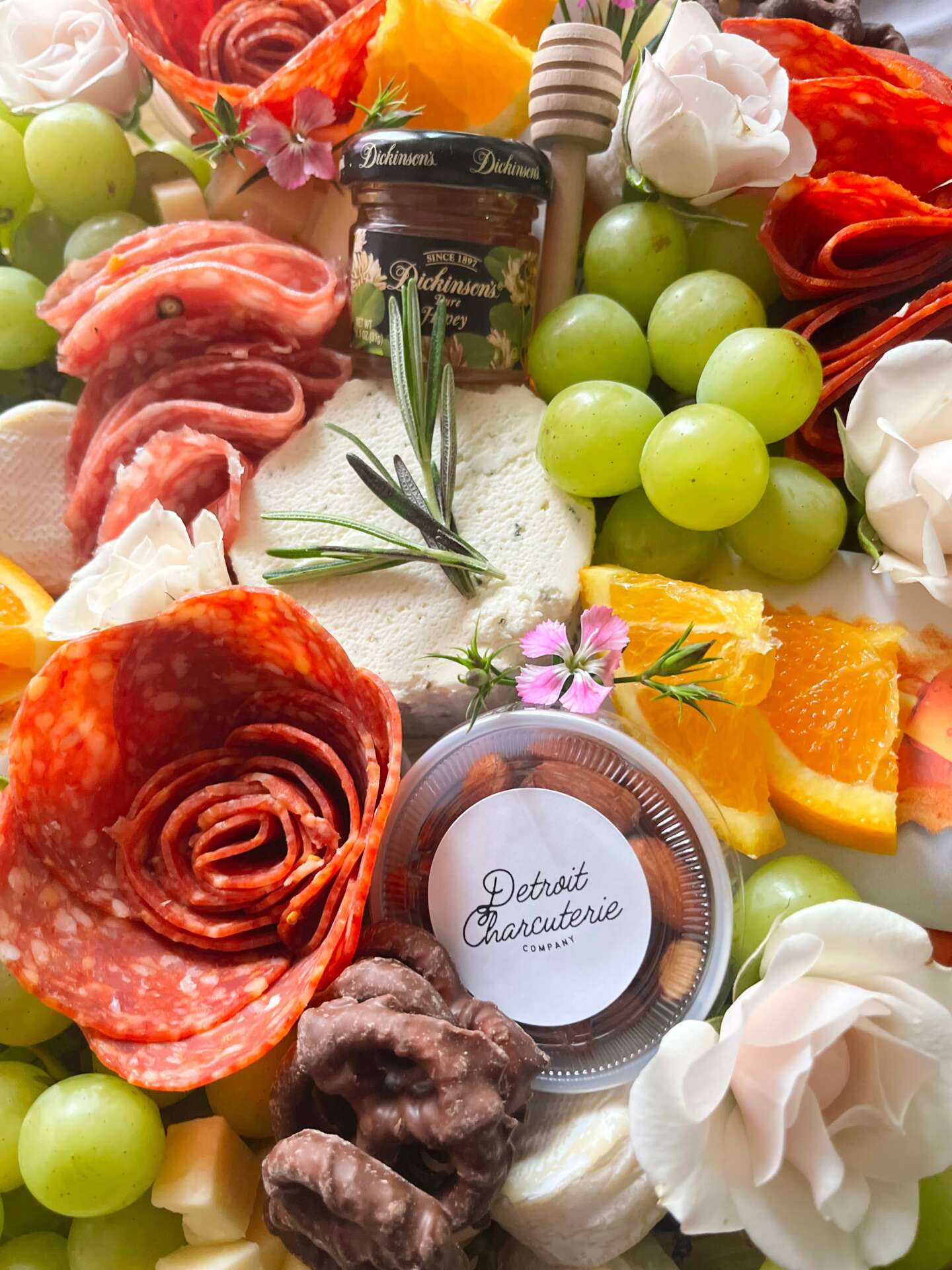
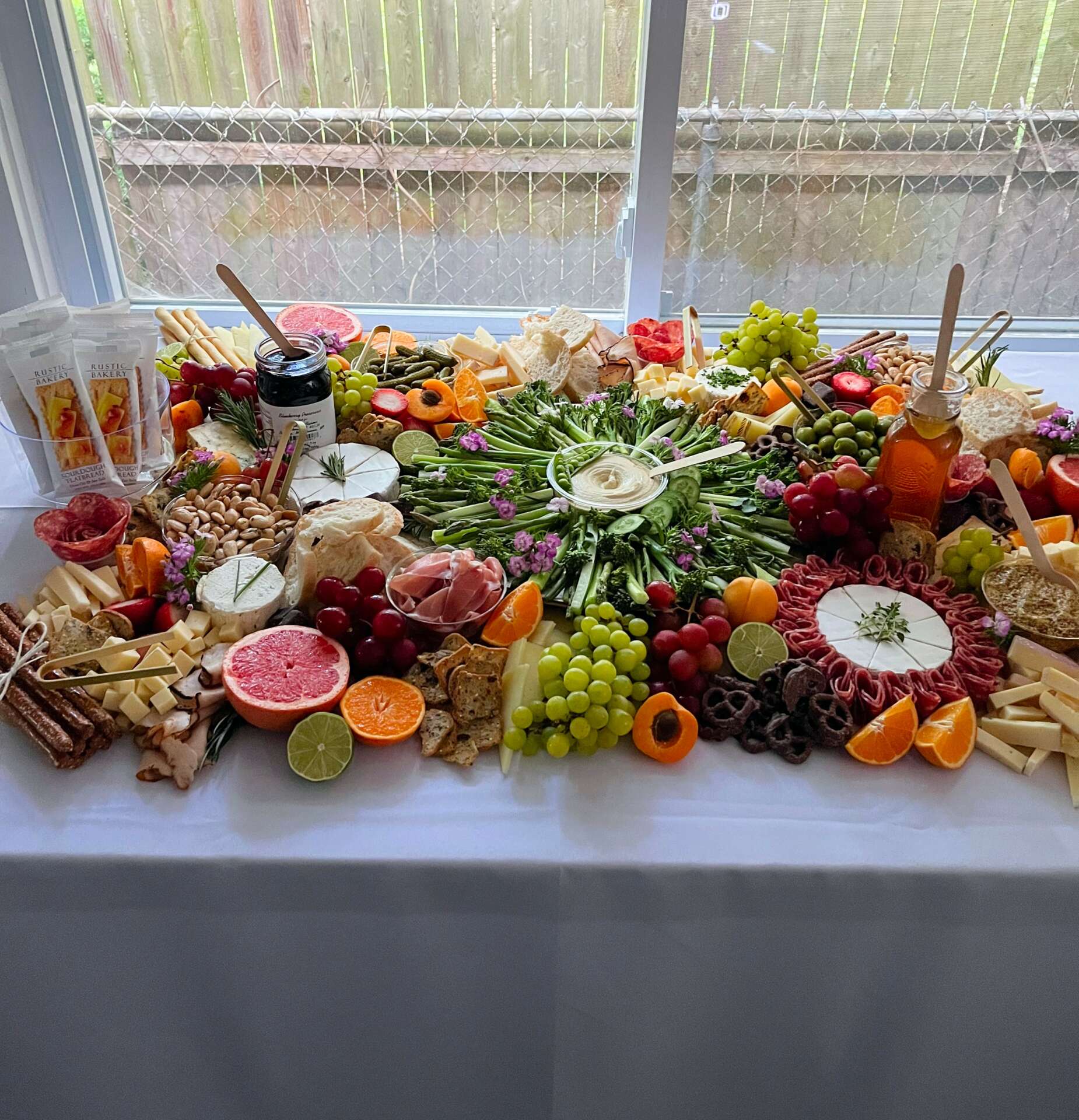
As always, we appreciate you sharing your insights and we’ve got a few more questions for you, but before we get to all of that can you take a minute to introduce yourself and give our readers some of your back background and context?
My name is Victoria and I am the owner of Detroit Charcuterie Company. My background is not in culinary or food service. For much of my professional career, I’ve worked with children diagnosed with autism spectrum disorder as a Board Certified Behavior Analyst (BCBA). and for the past few years, I’ve been employed as an online professor, teaching within my field. I had always had a love for creating charcuterie boards. As someone who enjoys entertaining, charcuterie was always a go-to appetizer because its versatility can appeal to varying appetites. During the pandemic, we couldn’t go out so I found myself creating charcuterie boards several times a week just to create a sense of normalcy. I saw that there were people who were turning charcuterie into a business and figured I’d give it a shot since I was already getting some requests based on the pics I’d occasionally post on my personal social media accounts. Once DCC began operating, it seemed that the product resonated with people and things took off quickly. What I think set Detroit Charcuterie Company apart was our ability to create beautiful charcuterie presentations that also tasted great. We pride ourselves on offering food that is both fresh and visually appealing. Our tagline is “It’s literally art you can eat”. The feedback from our customers echoes this sentiment and we’re happy to be able to take a simple concept and add flair and sophistication to it.
What’s been the best source of new clients for you?
The best source of new clients for us has been Google. When we developed our website, we knew that the search engine optimization (SEO) was incredibly important. This was taken into consideration when we decided upon a name. We chose Detroit Charcuterie Company because most people looking for charcuterie in the area would type something like this into the search engine. This helped a ton. Also, utilizing important keywords when you or your web developer are working on the site can help to increase your ranking on Google. We also created a profile on Google which would allow us to showcase our work without the potential customer needing to go to a secondary site. These strategies have worked exceptionally well for us with garnering new clients. This may not be true for everyone, but most of our web visitors came from Google so we decided to lean into this platform for marketing and attracting clients.
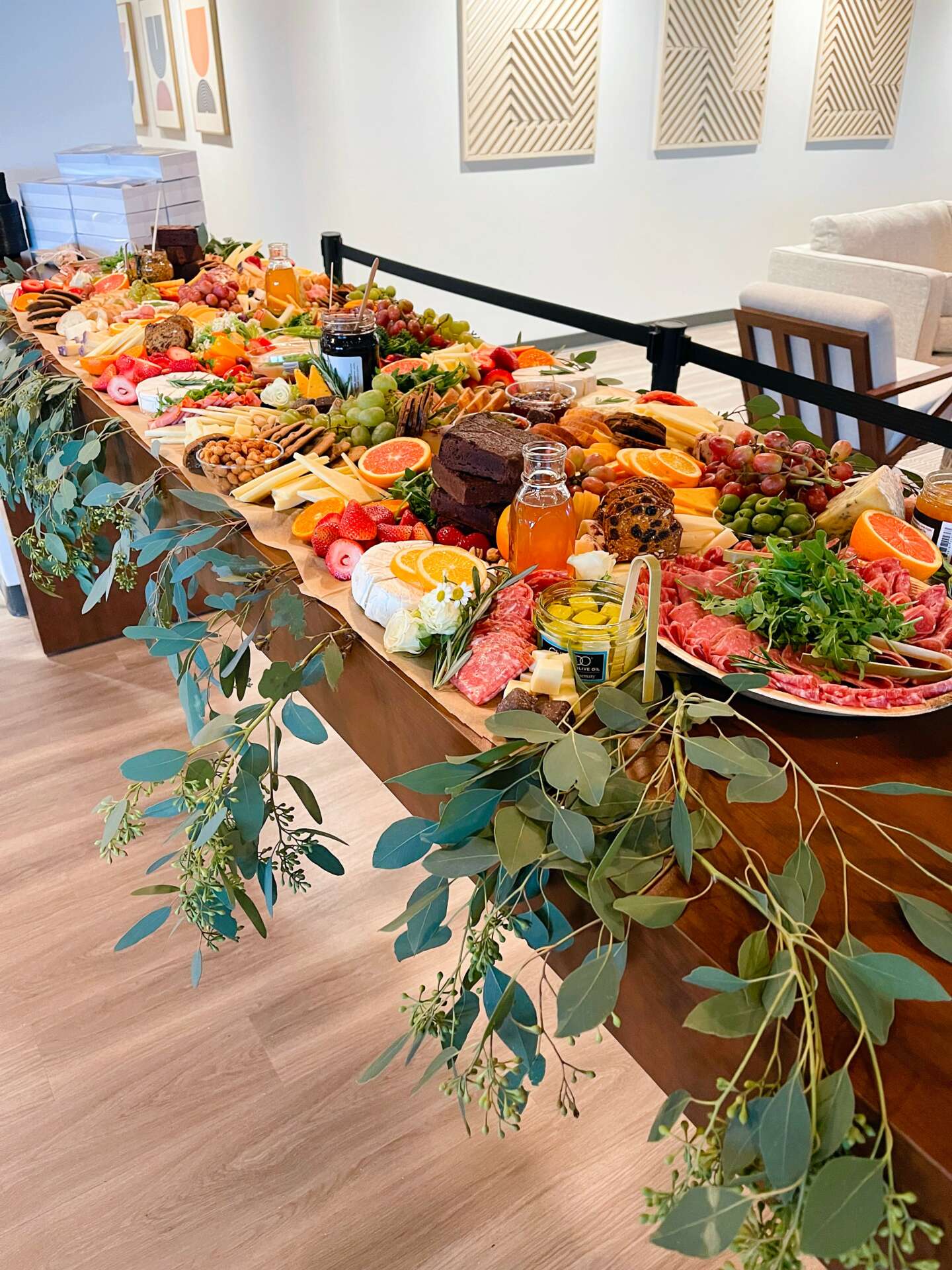

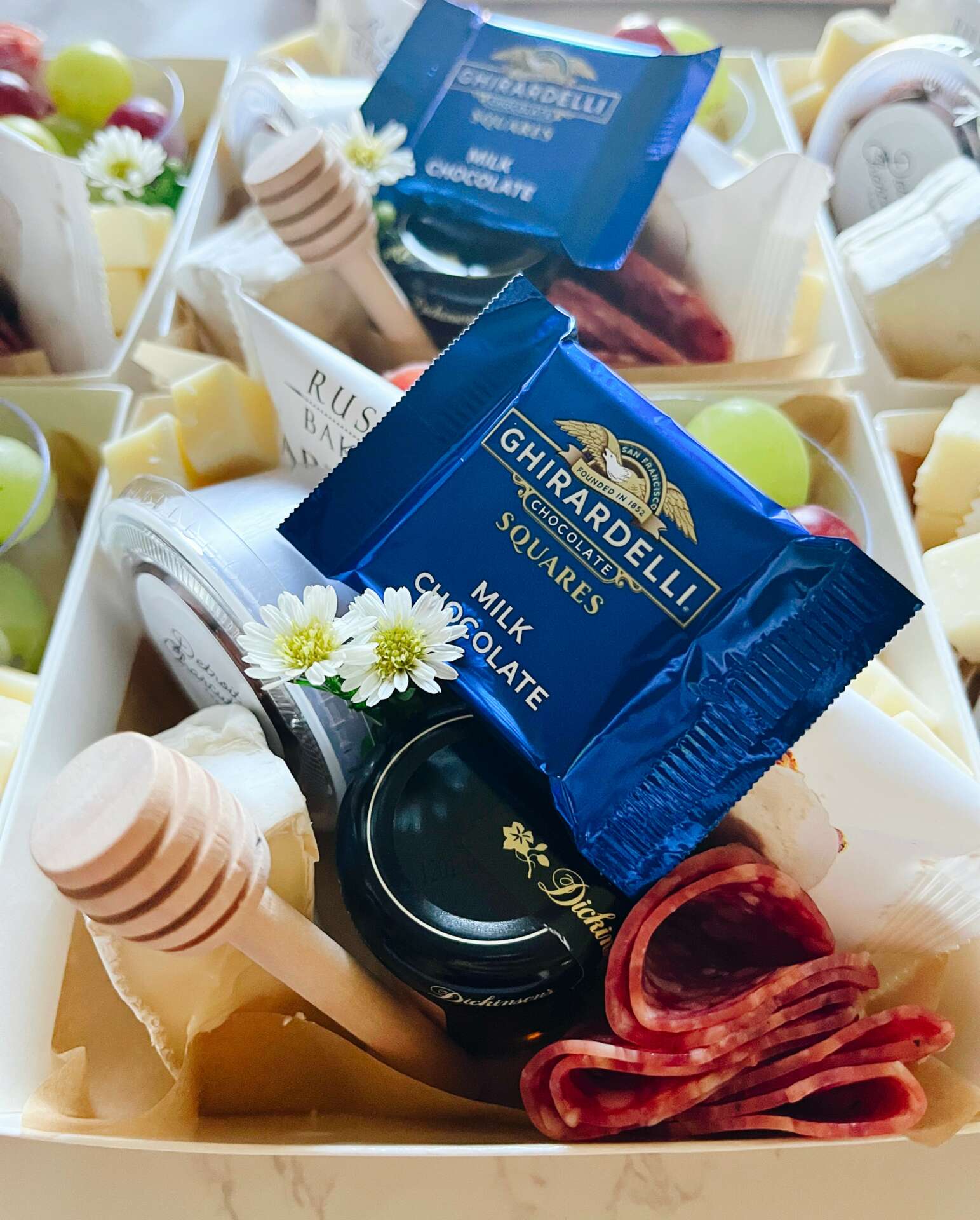
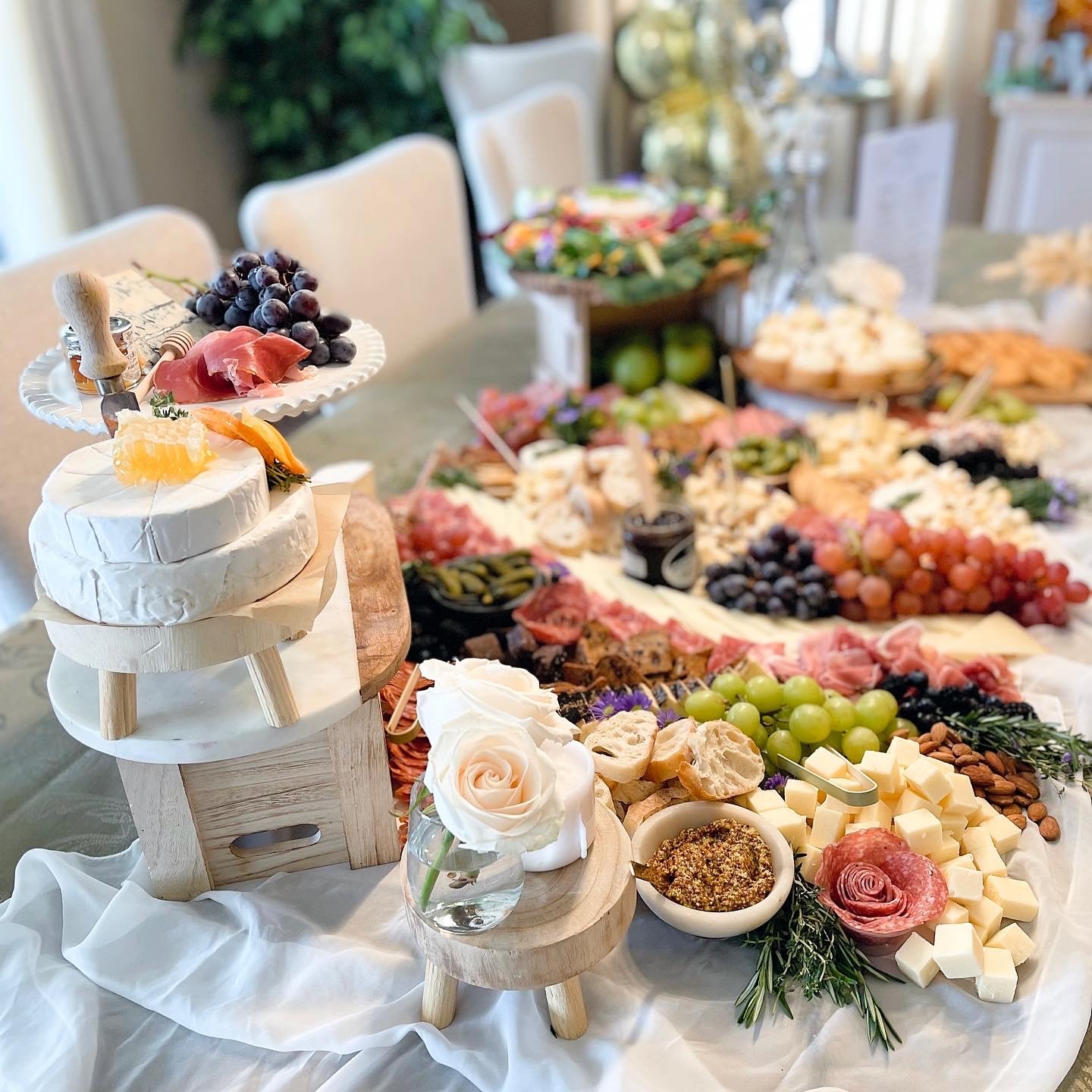
Are there any books, videos, essays or other resources that have significantly impacted your management and entrepreneurial thinking and philosophy?
There is a podcast and YouTube channel that has been incredibly influential in shaping our entrepreneurial philosophy. It’s called Social Proof and is hosted by David Shands. The content surrounds the host talking to different entrepreneurs about how they got started and how they scaled their businesses. The guests are typically everyday people who had great ideas and executed them well. This helped develop a mindset that (1) success is possible for anyone who is willing to do the work and (2) the biggest way to make an impact is to solve a problem. Its been helpful to learn from the successes and failures of others who started off in the same position as Detroit Charcuterie Company but now have thriving businesses.
Contact Info:
- Website: www.detroitcharcuterieco.com
- Other: Pinterest – https://www.pinterest.com/detroitcharcuterieco/


